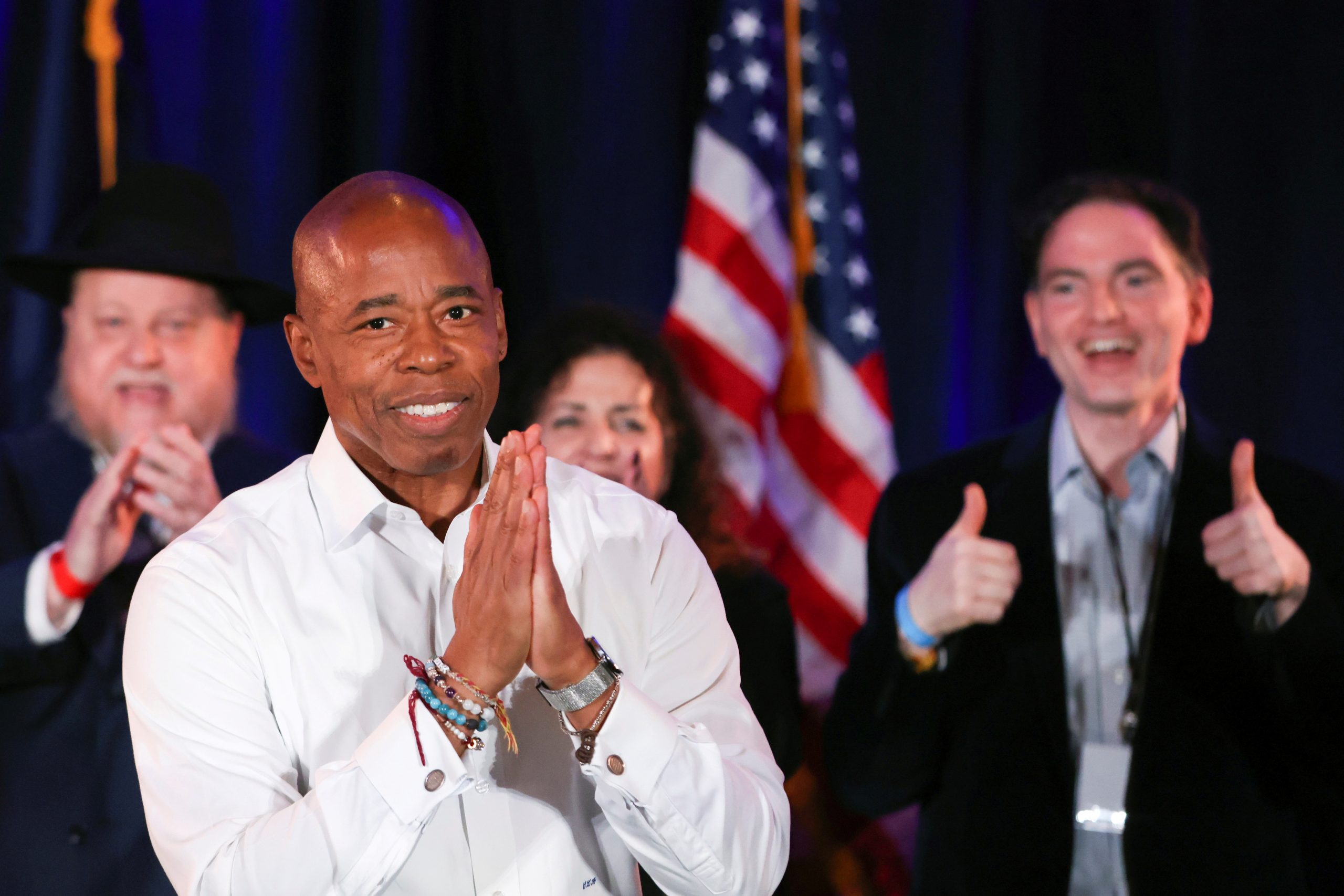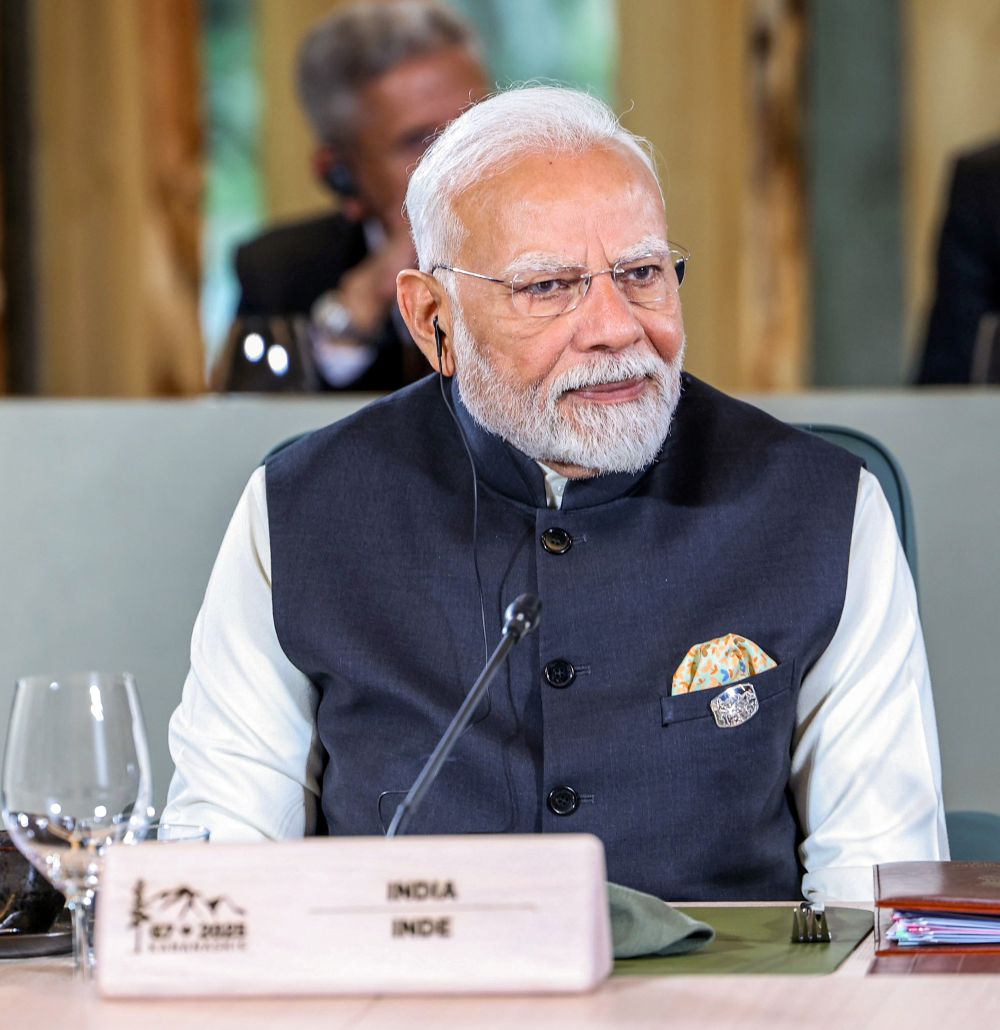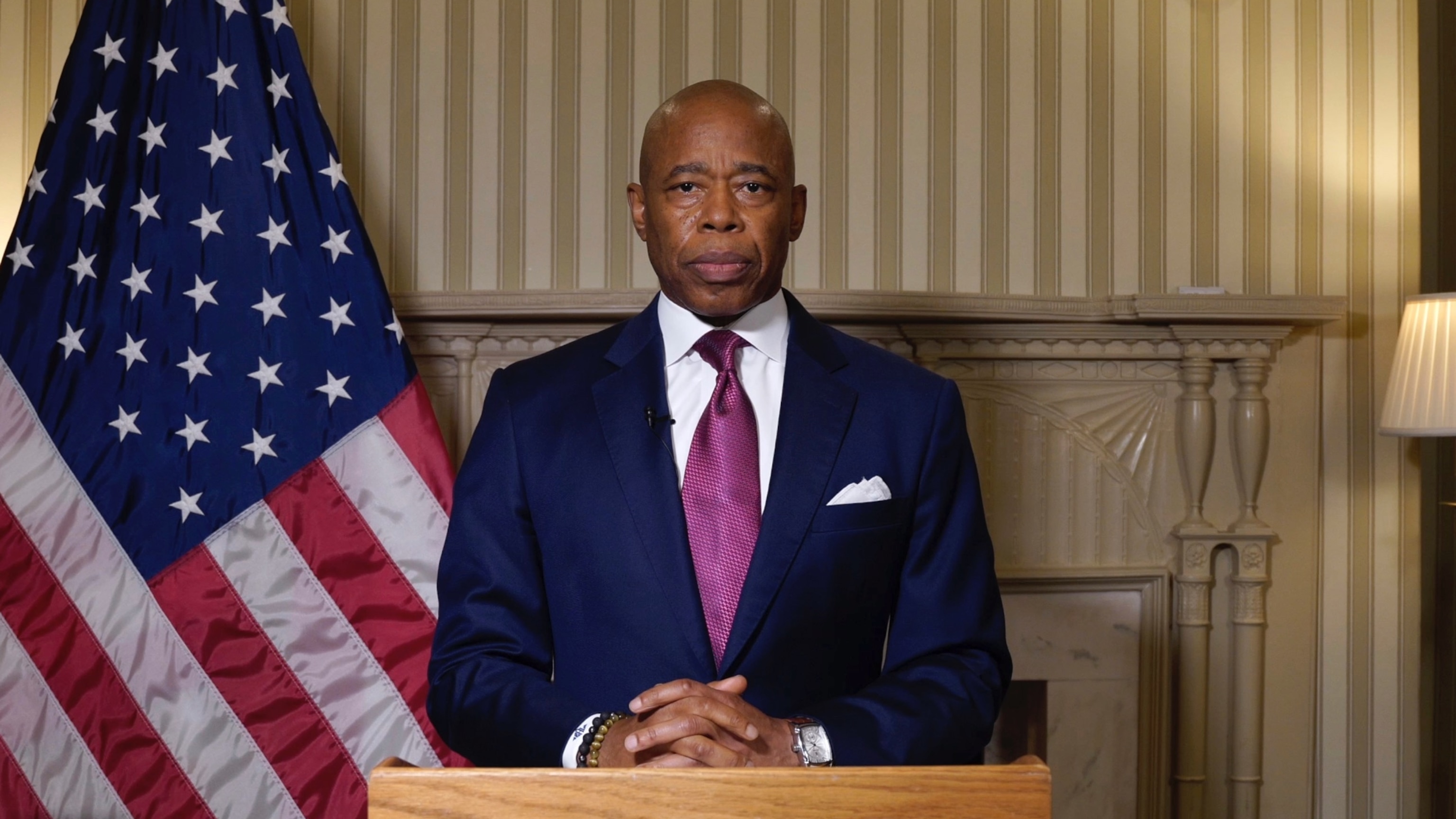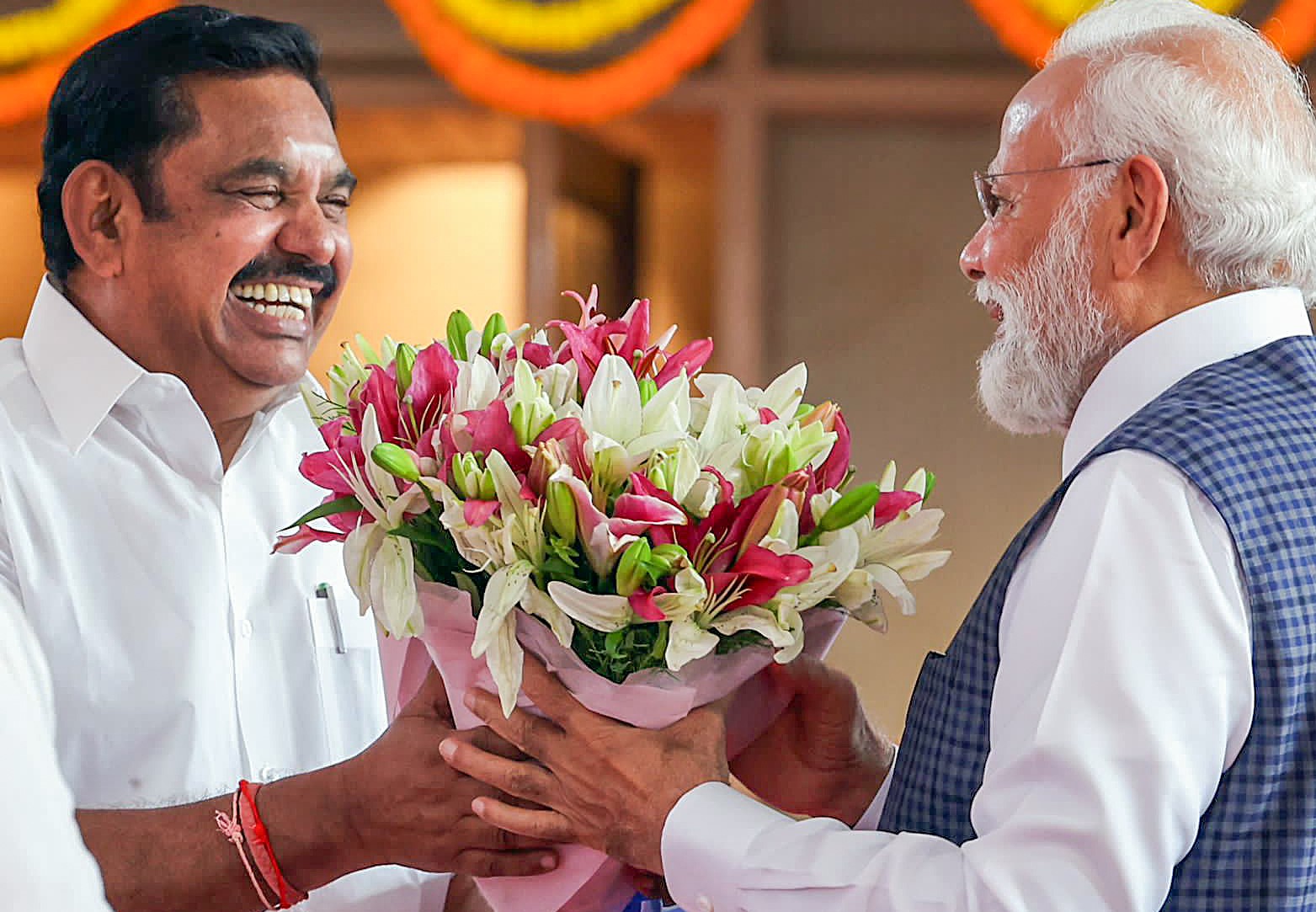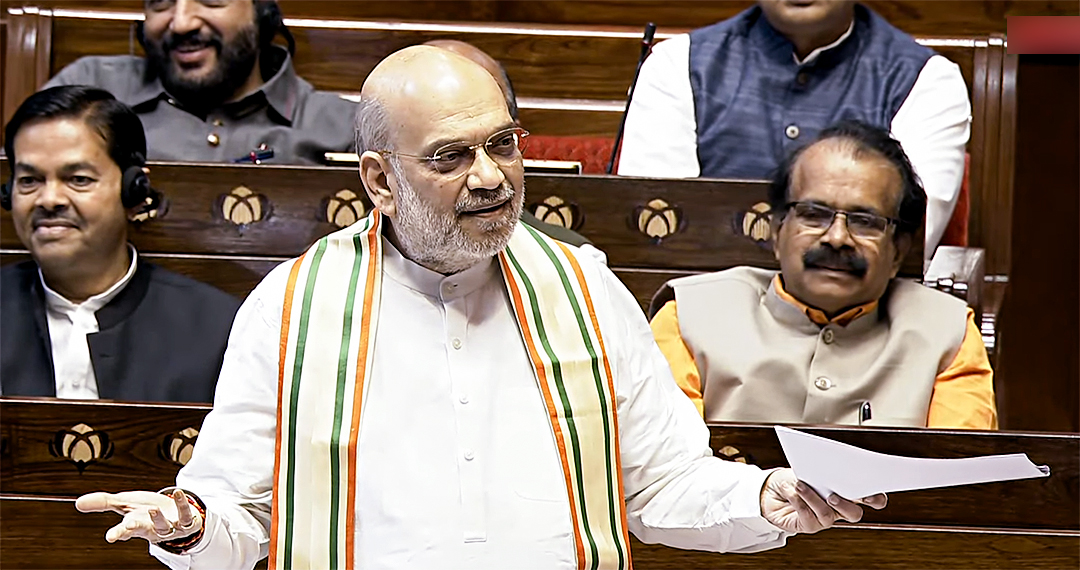As minority candidates do well in elections, Eric Adams and Sam Joshi register wins in the mayoral contest for New York City and Edison, New Jersey. But Phil Murphy gets a wake-up call as Jack Ciattarelli almost scores an upset win
Our Bureau
New York/Edison, NJ
November 2 has shaken America. The election for Virginia governor came as a huge shock to the Democrats. In New Jersey, they got a major scare too. But in the mayoral polls, the Democratic Party did better as minority candidates made history on election night, bringing diversity to leadership roles in some of America’s biggest cities. In Boston, New York, Pittsburgh and Dearborn, Mich., a majority of voters embraced minority candidates. Cincinnati elected Aftab Pureval as its first Asian American mayor.
But the biggest news – and victory – of the day came from the Big Apple as New Yorkers chose Eric Adams, a former New York Police Department captain, to become the city’s second Black Mayor in a landslide election. Adams, who is currently the Brooklyn borough president and a former state senator, will take the reins from Bill de Blasio, whose second term was mired in the effects of the pandemic. Throughout the race, the 61-year-old branded himself as the blue-collar mayor, gaining the approval of homeowning voters across the five boroughs.
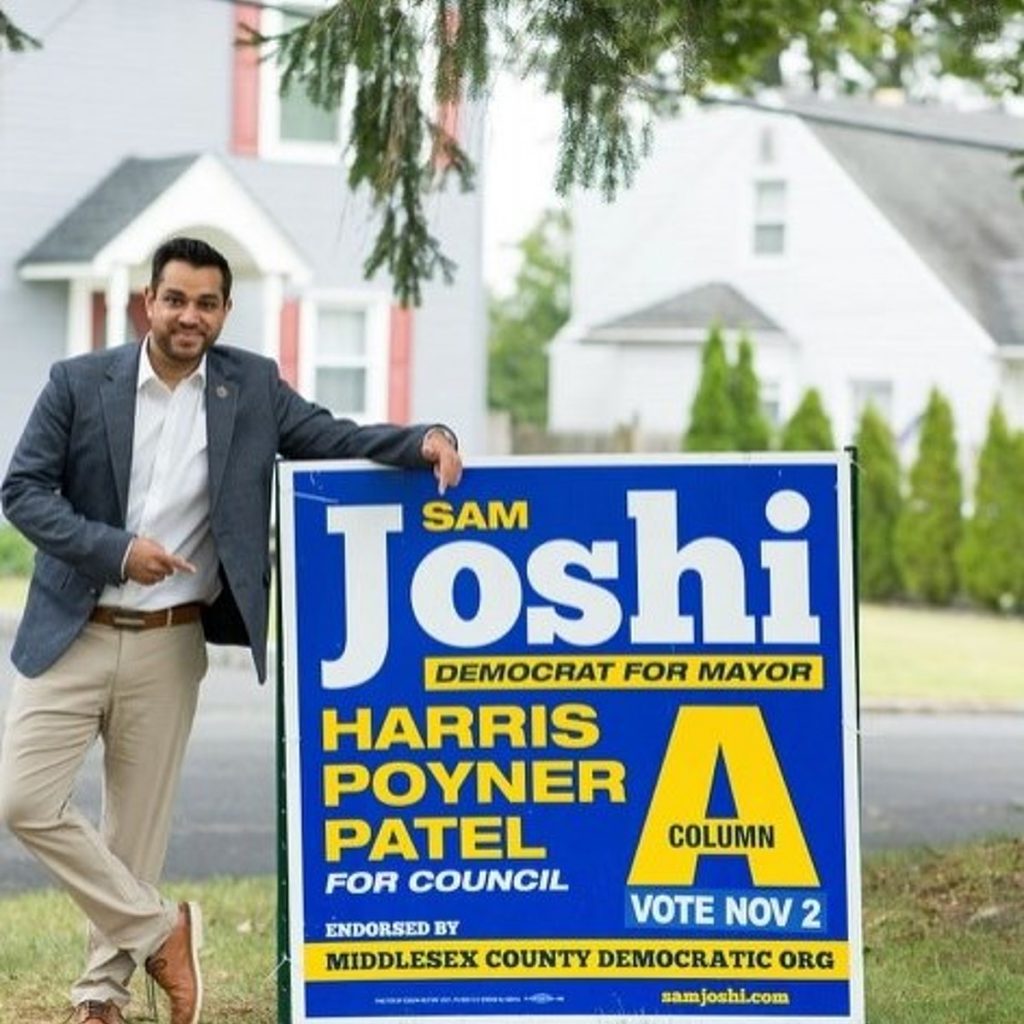
Adams made combating gun violence and improving public safety a main focus of his campaign, while also calling for cuts to the NYPD’s budget and the shifting of some jobs to civilians that have been done by officers, which he says could save the city up to $500 million a year. He is adamant about paring back overtime, and supports establishing a requirement that new officers live in the five boroughs while also luring back current officers who live outside the city, with various incentives.
The final weeks of the race between Adams and GOP candidate Curtis Sliwa were dominated by personal attacks and public name-calling. Adams repeatedly slammed Sliwa as a “racist” and called him a Mini-Me of Donald Trump. Sliwa, on the other hand, has called the 110th mayor-to-be an elitist, as well as Bill de Blasio 2.0.
Sliwa, 67, is a well-known, if odd and controversial fixture in the city whose run was considered by a former radio host colleague to be the latest in a series of media stunts to gain attention.
Another history was made in Edison as the Edison Council Vice President Sam Joshi was elected Mayor of Edison becoming the first South Asian elected to the position. Joshi defeated Republican candidate Keith Hahn in a closely contested race. With all votes counted, Joshi defeated Hahn by over 1,700 votes, 11,439 to 9,671. Joshi’s Council running mates Margot Harris, Nishith Patel and John Poyner were also elected defeating their Republican opponents Tali Epstein, Joe Luistro and Payal Mehta.
“I am so truly thankful and humbled to be elected Mayor of our great Township,” stated Joshi. “I am so honored by the confidence and trust that the residents of Edison have placed in me. I want to thank all my supporters, friends and family that worked so hard and helped guide me on this journey. I also want to thank my opponent Keith Hahn for his commitment to our Township and raising what he believed to be the important issues facing our Township.”
Current Mayor Thomas Lankey withdrew his name from the ballot, running as an Independent, prior to Election Day. For the Edison Township Council, Democrat Margot Harris received 11,043 votes, or 18.81%. Democrat Nishith Patel received 10,553, or 17.97%. Democrat John Poyner received 10,593, or 18.04%. Republican R. Tali Epstein received 8,753 votes, or 14.91%. Republican Joe Luistro received 9,022 votes, or 15.36%. Republican Payal Mehta received 8,709 votes, or 14.83%.
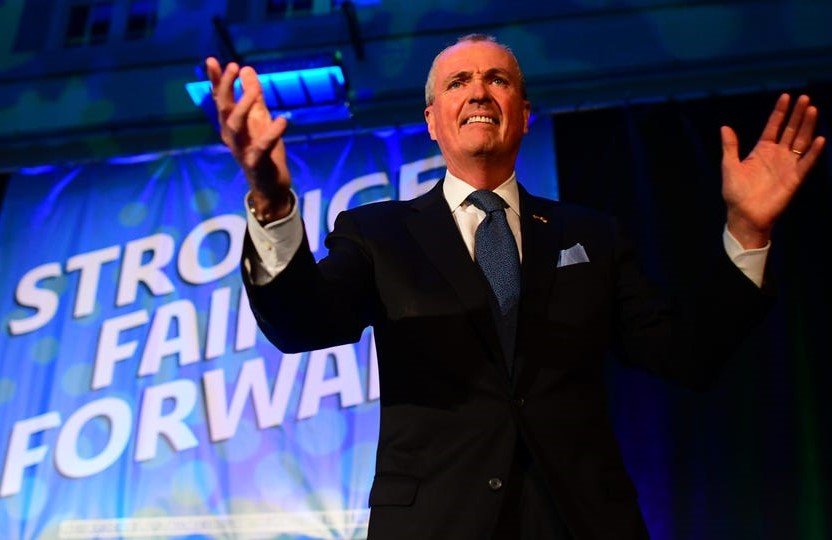
Phil Murphy had a narrow escape
There were 45 write-in votes. Three seats are available on the governing body. Election results are not official until certified by Middlesex County.
Joshi focused his campaign on enhancing municipal services, increasing open space and recreational opportunities, improving transparency and fiscal responsibility, expanding the implementation of technology, public safety and working to end Optimum’s monopoly. “The times ahead of our great community will be fraught with challenges that will require research, discussion and strategies to achieve our desired results,” said Joshi. “I am committed to working hard, being a hands-on Mayor and to welcoming the diverse opinions and ideas of our residents to resolve the issues that will undoubtedly be before us.”
Back in June, Joshi had defeated Edison Democratic municipal chairman Mahesh Bhagia 63-34% after a long and contentious primary. But rather than rally the Democratic troops behind Joshi, Bhagia instead has sat on the sidelines in the months since.
Bhagia is perhaps best known for his alleged role in a bizarre 2017 scandal that involved racist anti-Asian mailers being sent out to Edison voters before that year’s elections.
The lack of Democratic unity this year left an opening for Hahn, a retired police officer, to gain steam in the otherwise heavily Democratic township. No Republican has won the Edison mayoralty since the 1950s. Also campaigning for a time was incumbent mayor Thomas Lankey, who dropped out in August and endorsed Joshi.
While Edison brought good news to the Democrats, the election for the post of state governor gave a major scare to them New Jersey Governor Phil Murphy narrowly fended off an election challenge from Republican former state lawmaker Jack Ciattarelli.
Murphy, 64, became the first Democratic governor in four decades to win re-election in New Jersey, even though registered Democratic voters outnumber Republicans by more than 1 million in the densely populated northeastern coastal US state. The incumbent struck a triumphant but politically inclusive tone in a brief victory speech he delivered at an Asbury Park convention hall to supporters chanting, “Four more years!”
“If you want to be governor of all of New Jersey, you must listen to all of New Jersey. And New Jersey, I hear you,” he told the crowd.
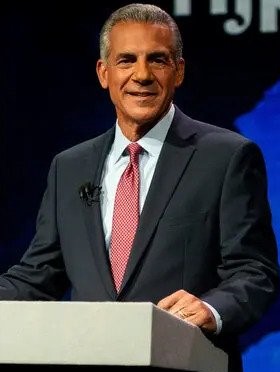
Unofficial returns posted by the Associated Press and cited by the New York Times and other media outlets pronouncing the victory for Murphy showed him clinching 50.03% of the vote, compared with 49.22% for Ciattarelli, with 90% of ballots counted. There was no immediate word from Ciattarelli conceding defeat, and his campaign spokesperson, Sami Williams, posted a tweet criticizing the media for calling the race when it did.
“With the candidates separated by a fraction of a percent out of 2.4 million ballots cast, it’s irresponsible of the media to make this call when the New Jersey Secretary of State doesn’t even know how many ballots are left to be counted,” she wrote.
Murphy has presided over a political shift to the left in the state, including new taxes on millionaires, tougher firearms restrictions, a higher minimum wage and paid sick leave. He has also defended his robust public health measures aimed at curtailing the coronavirus pandemic, which emerged as a key point of contention in the race.
Ciattarelli, 59, who had trailed Murphy by up to 10 percentage points in some opinion polls, capitalized on widespread unpopularity with Murphy’s aggressive mask requirements for schoolchildren.
The Republican had also focused much of his campaign on the state’s high taxes, while accusing Murphy, a wealthy former Goldman Sachs executive, of being out of touch with the electorate.
New Jersey has trended steadily Democratic in recent years. The party won 10 of the state’s 12 U.S. House of Representatives seats in 2020, and President Joe Biden carried the state over then-President Donald Trump last year by more than 15 percentage points. Still, Ciattarelli’s unexpectedly strong performance in New Jersey, and a Republican victory on Tuesday in Virginia’s hard-fought gubernatorial race spelled trouble for Biden’s party heading into next year’s congressional elections. read more
Murphy trailed overnight in the returns but squeaked into the lead on Wednesday morning as the tabulation of the vote unfolded in several heavily Democratic counties.
In another major shift, Republicans scored victories in all three major races on Long Island. In the race for Nassau County Executive, Republican candidate Bruce Blakeman declared victory over Democratic incumbent Laura Curran. “We went against a very, very popular well-funded incumbent, and we’re in a great position right now,” Blakeman said. “”I haven’t waited for anything. I’ve been working since 7:30 this morning on the transition.”
It could be an extremely narrow victory for Blakeman, but ideologically, it is huge for Republicans who seemingly argued successfully that Democrats aren’t who they used to be. In Suffolk County, incumbent District Attorney Tim Sini conceded the race to Republican challenger Ray Tierney, a former federal prosecutor. The country will vote in mid-terms in 2022. But if the elections of this week are any indication, the Democrats face a major challenge from a rising red wall across the country.
















